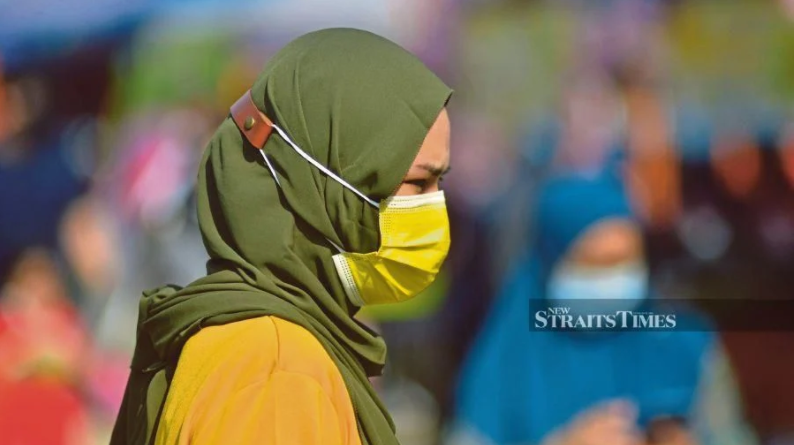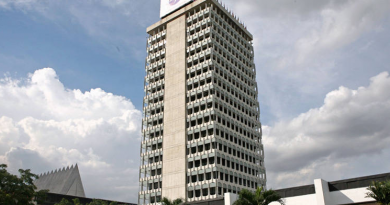Experts: We can’t afford to be lax
KUALA LUMPUR: THE new Covid-19 clusters detected by the Health Ministry recently show that there continue to be sporadic cases of local transmission.
Infectious diseases consultant Datuk Dr Christopher Lee said it was a clear reminder that the virus, which has claimed 128 lives, was still among us and that the people could not afford to let their guard down.
Dr Lee, who is also the head of the National Covid-19 Mortality Review Committee and former deputy health director-general (research and technical support), outlined two pillars in dealing with these sporadic cases to prevent the spread of Covid-19 infections.
He said society played a big role in preventing Covid-19 cases from escalating and subsequently breaking the chain of transmission.
“We cannot afford to be lax. It is imperative for all of us to embrace the standard operating procedure (SOP) enforced during the Recovery Movement Control Order (RMCO) in our daily activities.
“The measures, which include observing physical distancing, wearing face masks in public places and adopting personal hygiene such as washing hands with soap and using hand sanitisers must be adhered to in order to protect ourselves, family members and loved ones from getting infected.
“All our interactions with each other could be an opportunity to transmit the virus,” he told the New Straits Times.
The people, said Dr Lee, were the main players in the effort to curb the spread of the virus and contain the outbreak.
“How well we do as a country (in the battle against Covid-19) depends on us.”
Dr Lee said the role played by the public health sector was also crucial in keeping the virus at bay.
“Widespread testing, thorough and prompt contact tracing with isolation or quarantines remain the cornerstone of our public health response.
“Even if sporadic cases occur, these public health measures, if done consistently, can prevent large clusters from developing.”
Former Malaysian Medical Association president Datuk Dr N.K.S. Tharmaseelan lauded the Health Ministry for its efficient work in conducting stringent testing, screening and weeding out cases as and when they occurred.
The extensive screening, he said, helped in detecting new Covid-19 clusters.
“There is nothing to panic. All is under control. Compared with the world and our neighbours, Malaysia has done extremely well. An occasional cluster or case will ‘spring out’, but the numbers are manageable and have been kept in check,” said the health expert, who is attached to the Melaka Manipal Medical University.
Dr Tharmaseelan stressed that it was important for the public to continue embracing the new norms in their daily routines.
Although more people were getting arrested for violating the SOP, he said, the country should not go for the “overkill” by reverting to the Conditional MCO or MCO.
“Nothing drastic is necessary. Some of those arrested misunderstood and thought that life had returned to normal.
“Most people have adjusted to the new way of life, some are adjusting while some have yet to realise the seriousness,” he said, adding that caution fatigue was also setting in.
“Having that said, reminders for the public to adhere to the SOP and the advisory from the ministry must be repeated in the media, on television and even social media platforms.”
Epidemiology and biostatistics expert Dr Malina Osman stressed on the importance of adhering to the SOP to reduce the spread of the virus.
“The new clusters indicate an ongoing local transmission, so this requires continuous public commitment to the SOP. Until a vaccine is found, the only way to prevent new cases or clusters is through prevention.”
Malaysian Public Health Physicians Association president Datuk Dr Zainal Ariffin Omar described the new clusters as worrying.
He said the government should continue imposing strict SOP, especially on public gatherings and business premises.
“We should target to fully bring Covid-19 under control by November so that the RMCO can be lifted in January.
“The public should understand and play their part by following the SOP and avoid crowded gatherings, as well as remind each other of their community responsibility,” he said, adding that the media played a role in highlighting Covid-19 affected areas, events or individuals who flouted the SOP.
Source: NST




